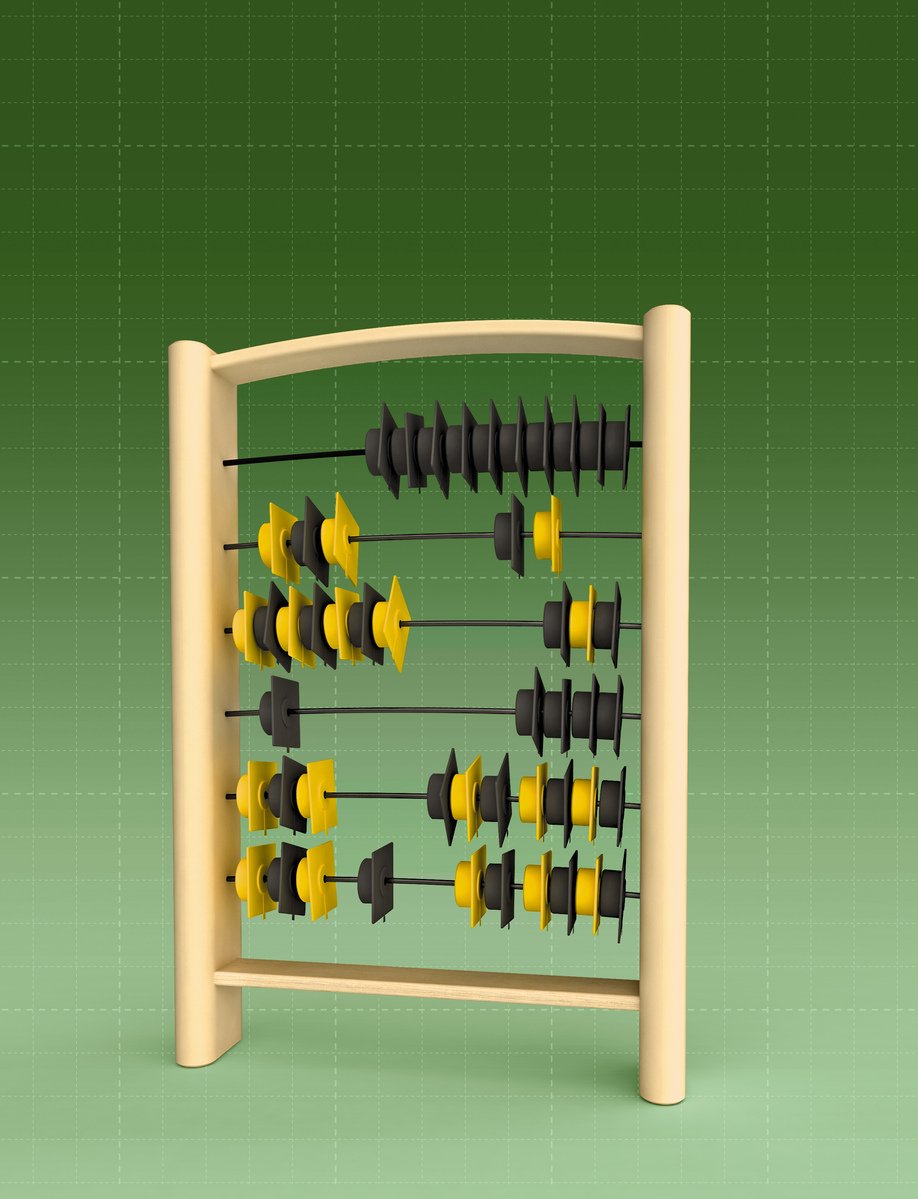

Abacus: Sole means for EPO to assess patent quality (mere quantity or numbers)
Yesterday we took a glance at this brand-new listing of "patents awarded" (in some local press in the US, as is typical). How many of these are bogus software patents and other abstract patents that the U.S. Patent and Trademark Office (USPTO) should never have granted (but did anyway, just to increase revenue)? Sadly, we nowadays must ask the same questions about the EPO because all it cares about is money and it externalises the costs to the European public (e.g. European businesses sued by patent trolls).
"Sadly, the EPO's consultation is mostly with the likes of J A Kemp (proponents of patents on life and maths), Team UPC, CIPA etc. i.e. all those that seek to harm Europe for a quick buck (or euro)."The 'new' and 'improved' European Patent Office (EPO) pretends to be listening to the public. Questions such as software patentability in Europe aren't even on the agenda because António Campinos does not give a damn about the EPC. Yesterday Kluwer Patent Blog wrote that the "EPO publishes draft Strategic Plan 2023 and holds a new consultation"; to quote:
The EPO published its draft Strategic Plan 2023 on 18 April 2019. It has invited all stakeholders to provide their views on the document. Those who want to provide input can do so here.
The new consultation will run until 10 May 2019 and the plan is to submit the final plan to the Administrative Council of the European Patent Organisation for adoption in June 2019. According to the EPO, the plan ‘will outline our vision for the Office and its implementation will ensure that we continue to provide high-quality patent services that encourage innovation and contribute to growth’.
J A Kemp will be offering a webinar entitled "Inventive Step for Computer Implemented Inventions at the EPO" on April 30, 2019 from 3:30 to 4:30 pm GMT (Greenwich Mean Time). John Leeming of J A Kemp will discuss the latest EPO case law on separating the technical from the non-technical and inventive step issues arising in specific areas of technology, such as machine learning and simulation.